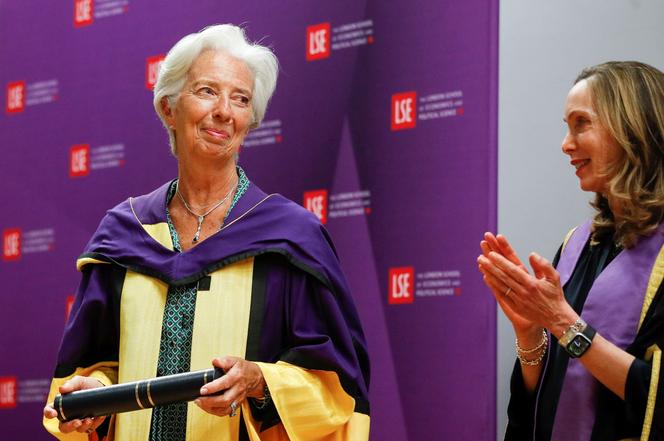


On June 20, 2018, the Executive Board of the International Monetary Fund (IMF), chaired by Christine Lagarde, made a decision that seriously raised eyebrows internally. A loan of $44 billion was approved for Argentina, later extended to $57 billion − the highest in the Fund's history, at the time. In the corridors of the IMF, there was unease: The sum was far too high for such a fragile country, which risks failing to repay it. "Argentina is going to explode, and with it the IMF," said a senior IMF official. To get this agreement through the official analysis grid, IMF teams used growth assumptions that would prove profoundly unrealistic.
These worries have come true. Argentina once again defaulted on its debt in 2020. It is now going through a serious economic and social crisis, which led to the election of the libertarian populist Javier Milei on November 19.
Within the IMF, the turmoil caused by this 2018 decision prompted the internal audit body, the Independent Evaluation Office, to quietly launch an investigation into this "unprecedentedly large" loan in July. It is due to report back by the end of 2024, with a particular focus on "the context in which the arrangement was designed."
The "context" in question was the political situation in Argentina. The president at the time, Mauricio Macri, was in trouble, one year before the elections, and needed help. At the White House, then-president Donald Trump had made him an ally and was pushing for the IMF to make an effort. A sign that the financial institution's decision was political was the fact that the bulk of the loan was disbursed very quickly, before the elections were held.
Le Monde has learned that Lagarde did everything she could internally to get the loan approved. "She played politics, like all the other IMF leaders," said Chris Marsh, a former economist at the institution. Today, a spokesman for Lagarde points out that the loan was "approved by the Executive Board."
This political skill, consisting balancing of different interests, is the thread that runs through her career. The following year, in 2019, her appointment as head of the European Central Bank (ECB) was the result of a power struggle between European leaders: Germany got the Commission, with Ursula von der Leyen at its head, and France the ECB, with Lagarde. The Frenchwoman's excellent network of contacts with the world's powerful, and her close relationship with Angela Merkel – they once washed dishes together on the evening of a Euro 2021 football match – meant that she was the right person at the right time.
You have 75% of this article left to read. The rest is for subscribers only.
